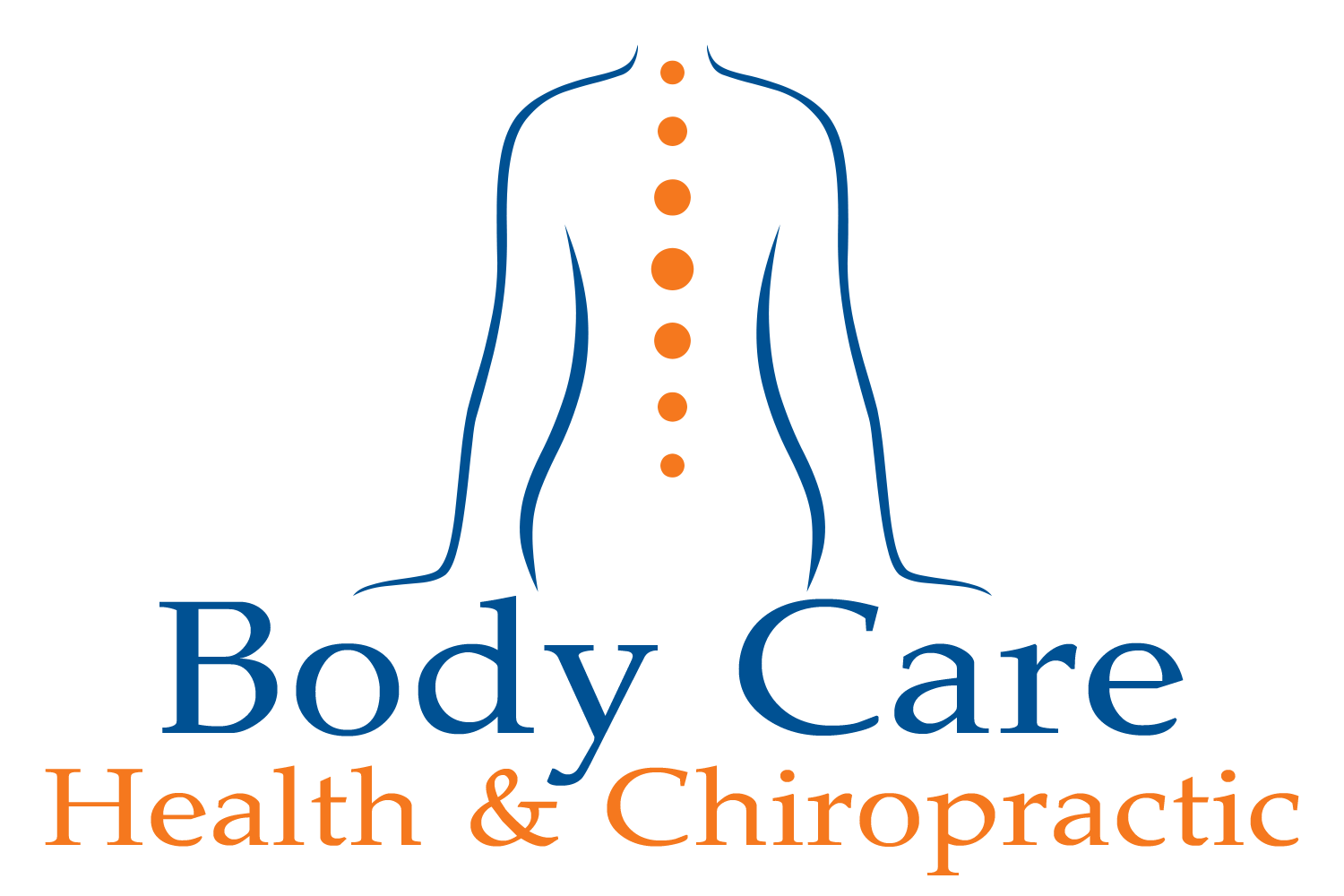Frozen Shoulder
Adhesive Capsulitis, commonly known as Frozen Shoulder can be a very painful and limiting condition. It is a thickening and contracting of the glenohumeral joint (shoulder) capsule which results in stiffness, loss of movement/function and can also create pain. It commonly affects people aged between 40 to 60 years and is more likely in women. Unfortunately frozen shoulder can affect one or both shoulders.
Stages of Frozen Shoulder
1. Painful and freezing stage: gradually the pain will increase, with a progressive loss of shoulder motion. Pain tends to be worse at night. This stage can last from six weeks to nine months.
2. Frozen: The shoulder remains stiff with restricted motion. Pain does not worsen, it may actually decrease in this stage. Stage 2 can last from four to six months.
3. Thawing: Shoulder movement gets easier and may eventually return to normal. The level of pain may decrease but occasionally recure. This stage takes between six months to two years.
A frozen shoulder normally recovers, however it can take up to three years.
Common Risk Factors
- Age: being over 40 years of age.
- Gender: 70% of people with frozen shoulder are women
- Recent trauma: an incident that has led to immobility during recovery such as surgery or an arm fracture can cause the capsule to stiffen
- Health conditions: can be a complication from conditions such as diabetes, heart disease and following strokes. The reasons behind diabetes in particular are still unclear
Treatment
The aim of treatment for Frozen Shoulder is the alleviate pain and preserve mobility and flexibility in the shoulder joint. Treatment has been shown to help recovery, however it can take time.
Some treatment options include:
- Physical therapy
- Nonsteroidal anti-inflammatory medication.
- Cold/heat pack
How Can We Help?
Chiropractic treatments can help at each stage of Frozen Shoulder. In the initial stage, education on what is happening is extremely important. It is also important to try and maintain movement and function so exercises within pain limits play an important role in minimising deterioration. Various treatments can also help with pain levels. In the final stage, Chiropractic treatments are important to assist with restoring strength, range of motion and function.
If you know of anyone who may be experiencing Frozen Shoulder (Adhesive Capsulitis), please get them to contact us at Body Care Health & Chiropractic so we can help education and treatment them to get their shoulder functioning and pain free as soon as possible.
Author: Dr Felicity Ede - Chiropractor

